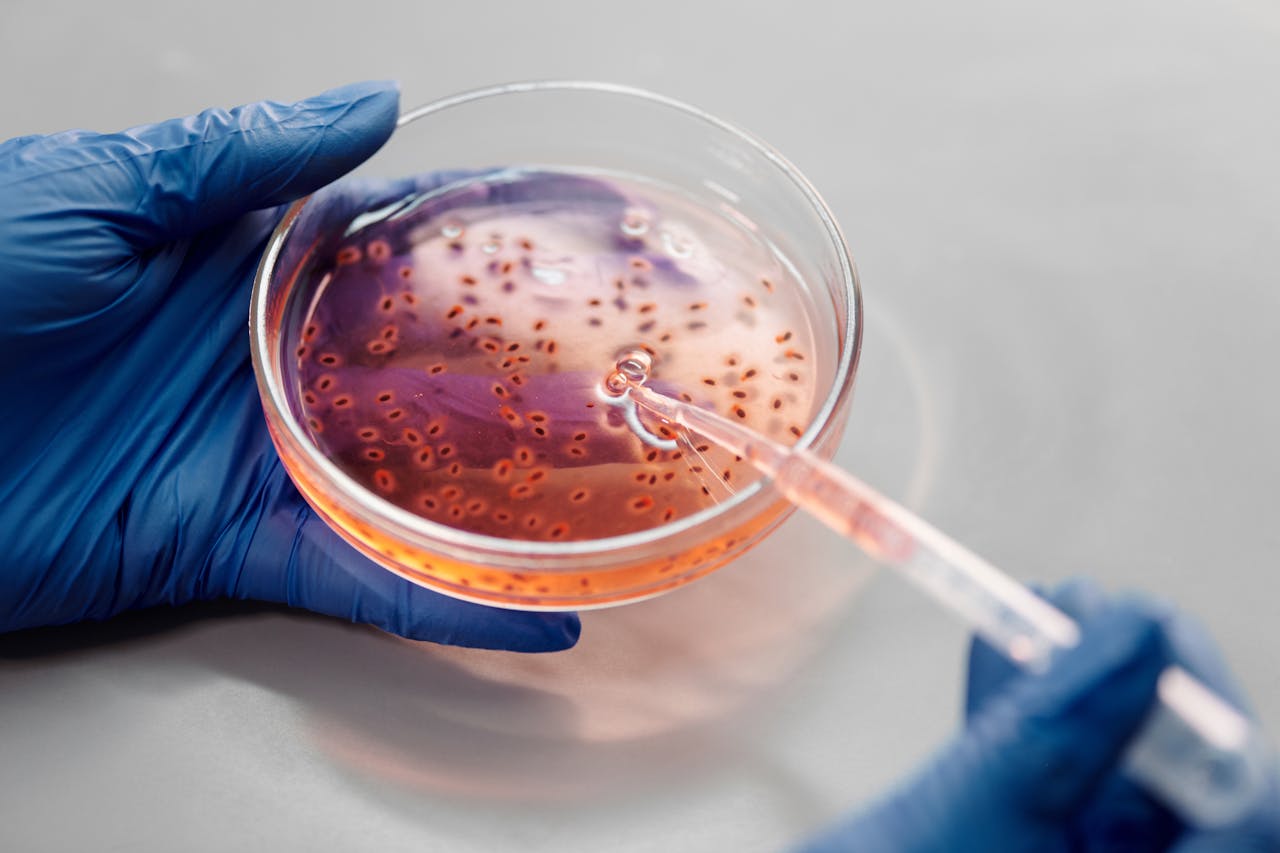How Valuable Is Your Ancestry and DNA Data to the Healthcare Industry and Research Institutions?

Direct-to-consumer (DTC) genetic testing has rapidly grown in popularity, offering people insights into their ancestry, health risks, and family history. However, the DNA you provide holds significant value beyond personal insights—particularly for various commercial interests. Lets explores ten crucial points about how valuable your genetic data can be to companies.
1. Commercialization of Your Genetic Data
Companies like 23andMe and Ancestry.com attract millions of users by offering affordable DNA tests. These services monetize the genetic data collected by selling access to pharmaceutical firms and research institutions. For instance, 23andMe entered into a notable $300 million agreement with pharmaceutical giant GlaxoSmithKline to leverage customer DNA data for drug discovery. This illustrates how your genetic profile can become an asset generating substantial profits for businesses.
2. Accelerating Pharmaceutical Development

Genetic data allows pharmaceutical companies to identify genetic factors linked to diseases, facilitating the creation of targeted treatments and drugs. This field, known as pharmacogenomics, holds significant promise for personalized medicine, where treatments are tailored to genetic profiles, reducing side effects and improving efficacy. Partnerships like the one between 23andMe and GlaxoSmithKline demonstrate the transformative potential of consumer DNA databases in accelerating medical innovation.
3. Personalized Marketing and Product Development

Companies use genetic information to customize their products and marketing strategies. With insights into genetic predispositions, companies can sell tailored wellness products, such as personalized nutrition plans, vitamins, skincare, and even fitness regimens. Though convenient for consumers, personalized marketing raises ethical and privacy concerns, such as potential genetic discrimination and manipulative marketing tactics exploiting sensitive personal information.
4. Financial Value of Individual and Collective DNA

The individual monetary value of genetic data might seem modest, but collectively it becomes incredibly valuable. Studies indicate individuals would sell their DNA data for around $95 on average. When aggregated across millions of consumers, this data becomes enormously profitable. This highlights an imbalance between the modest individual valuation versus substantial corporate gains, underscoring debates around fair compensation and ownership rights.
5. Risks from Privacy Violations and Data Breaches

Genetic data storage creates considerable privacy and security risks. Recent breaches, such as the 2023 leak at 23andMe impacting nearly 7 million customers, demonstrate vulnerabilities in protecting genetic information. Unlike typical personal data, compromised genetic data affects individuals permanently and potentially exposes their relatives. This underscores the critical importance of strong privacy protections and robust cybersecurity practices.
6. Ethical and Legal Challenges

The usage of genetic information raises significant ethical and legal questions. While laws like the Genetic Information Nondiscrimination Act (GINA) in the U.S. provide protections against genetic discrimination in employment and health insurance, substantial legal gaps remain. Specifically, protections do not extend to life, disability, and long-term care insurance, leaving consumers vulnerable to genetic discrimination. Continuous legal review and legislative updates are essential as genetic testing evolves.
7. Genetic Data in Criminal Investigations

Law enforcement increasingly leverages genetic databases to solve crimes, especially through forensic investigative genetic genealogy (FIGG). High-profile cases, like the identification of the Golden State Killer, have shown the investigative power of consumer DNA databases. However, these practices also raise concerns about privacy, consent, and potential misuse of genetic data, especially when personal information is accessed without explicit individual consent.
8. New Models for DNA Data Ownership

Awareness about genetic data’s value is prompting new ownership models that give individuals greater control. Companies such as Nebula Genomics promote user-controlled genetic data marketplaces, allowing individuals to monetize their genetic information directly. This model represents a shift towards a more equitable approach, potentially redefining data ownership standards and empowering consumers to control and profit from their personal genetic data.
9. Influence on Insurance and Healthcare Policies

Genetic data can significantly influence insurance policies and healthcare decisions. Insurance companies have incentives to access genetic data to better predict health risks, potentially adjusting premiums or coverage eligibility based on genetic predispositions. While beneficial for insurers, this practice poses significant ethical dilemmas and could lead to widespread genetic discrimination, potentially leaving vulnerable populations unable to afford necessary coverage or care.
10. Use in Population and Public Health Research

Genetic data contributes extensively to public health and population-level research. Large-scale DNA datasets enable epidemiologists and health researchers to track genetic markers associated with diseases, understand population-specific health risks, and improve preventive care strategies. While immensely beneficial, such research must carefully balance the public good with individual privacy rights and ensure transparent communication with participants about data usage.
Final Thoughts

Your DNA and ancestry data carry substantial economic and scientific value beyond your personal interest. While genetic information can greatly advance medical research and personalized medicine, serious privacy and ethical considerations accompany these benefits. As genetic testing continues to grow, understanding and navigating the complex balance between innovation and individual rights becomes increasingly essential. Being informed and vigilant about how companies use your genetic data can empower you to make responsible, privacy-conscious decisions about your most personal biological information.

Leave a Reply